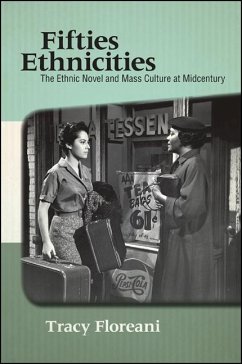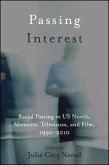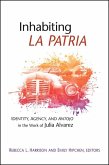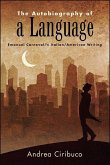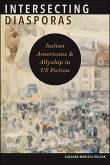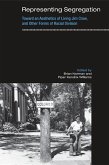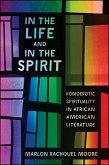Fifties Ethnicities brings together a variety of texts to explore what it meant to be American in the middle of "America's Century." In a series of comparative readings that draws on novels, television programs, movie magazines, and films, Tracy Floreani crosses generic boundaries to show how literature and mass media worked to mold concepts of ethnicity in the 1950s. Revisiting well-known novels of the period, such as Vladimir Nabokov's Lolita and Ralph Ellison's Invisible Man, as well as less-studied works, such as William Saroyan's Rock Wagram and C. Y. Lee's The Flower Drum Song (the original source of the more famous Rodgers and Hammerstein musical), Floreani investigates how the writing of ethnic identity called into question the ways in which signifiers of Americanness also inherently privileged whiteness. By putting these novels into conversation with popular media narratives such as I Love Lucy, the author offers an in-depth examination of the boundaries and possibilities for participating in American culture in an era that greatly influenced national ideas about identity. While midcentury mass media presented an undeniably engaging vision of American success, national belonging, and guidelines for cultural citizenship, Floreani argues that minority writers and artists were, at the same time, engaging that vision and implicitly participating in its construction.
Dieser Download kann aus rechtlichen Gründen nur mit Rechnungsadresse in A, D ausgeliefert werden.

